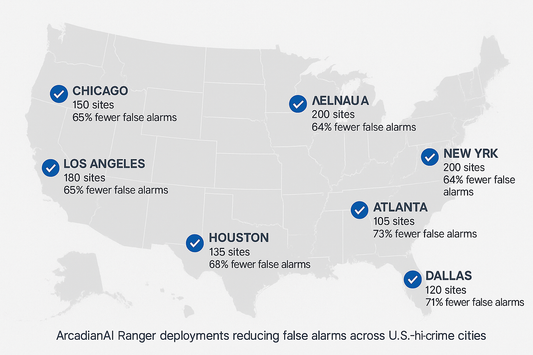Political Violence in Minnesota: A Growing National Threat
Story Last week, political violence hit home in a tragic and alarming way. Minnesota House Speaker Melissa Hortman and her husband, Mark, were killed in their home. Senator John Hoffman and his wife, Yvette, were also critically injured after being shot multiple times. The attack triggered a two-day manhunt and...

Story
Last week, political violence hit home in a tragic and alarming way. Minnesota House Speaker Melissa Hortman and her husband, Mark, were killed in their home. Senator John Hoffman and his wife, Yvette, were also critically injured after being shot multiple times. The attack triggered a two-day manhunt and left the Twin Cities community—and the nation—deeply shaken.
This incident is not isolated. It reflects a dangerous pattern emerging across the United States. At the Violence Prevention Project, we are tracking this alarming trend through a newly launched Political Violence Database, which monitors assassinations and attempted assassinations nationwide. Early findings show a troubling rise in politically motivated attacks.
“The data is clear—political violence is increasing,” said Dr. Jillian Peterson, our Executive Director, in interviews with Minnesota Public Radio and The Hill. “And the warning signs are often visible long before the violence occurs.”
Understanding the Roots of Political Violence
Our research reveals that perpetrators of political violence share key traits with mass shooters:
-
Men in crisis, often suicidal
-
A history of mental health struggles
-
Radicalization online
-
Access to firearms
-
A desire for notoriety or a platform
These individuals often display concerning behaviors or threatening rhetoric in advance—patterns that can be identified and interrupted.
In fact, the threat assessment models we use to prevent mass shootings were first developed by the U.S. Secret Service to evaluate threats against political figures.
But political violence doesn’t occur in a vacuum. It thrives in environments marked by:
-
Polarized political discourse
-
Erosion of public trust
-
Social unrest
-
And a growing belief that violence is a viable means of expression
These conditions don’t just enable violence—they can make it contagious.
Prevention is Possible
We believe political violence is not inevitable—it’s preventable. Here's how:
-
Educate the public on how to spot and report warning signs
-
Limit firearm access for individuals in crisis
-
Hold leaders and platforms accountable for promoting dangerous rhetoric
Words matter. Online hate doesn’t stay online—it spills into real life.
Our Commitment to Prevention
At the Violence Prevention Project, we are committed to data-driven, proactive solutions that stop violence before it happens. Our hearts go out to the Hortman and Hoffman families, and to all public servants who risk their safety to lead in these turbulent times.
We will continue to track political violence, share insights, and equip communities with tools to recognize risks and respond early—before tragedy strikes again.
Explore the full database Here

Security is like insurance—until you need it, you don’t think about it.
But when something goes wrong? Break-ins, theft, liability claims—suddenly, it’s all you think about.
ArcadianAI upgrades your security to the AI era—no new hardware, no sky-high costs, just smart protection that works.
→ Stop security incidents before they happen
→ Cut security costs without cutting corners
→ Run your business without the worry
Because the best security isn’t reactive—it’s proactive.






